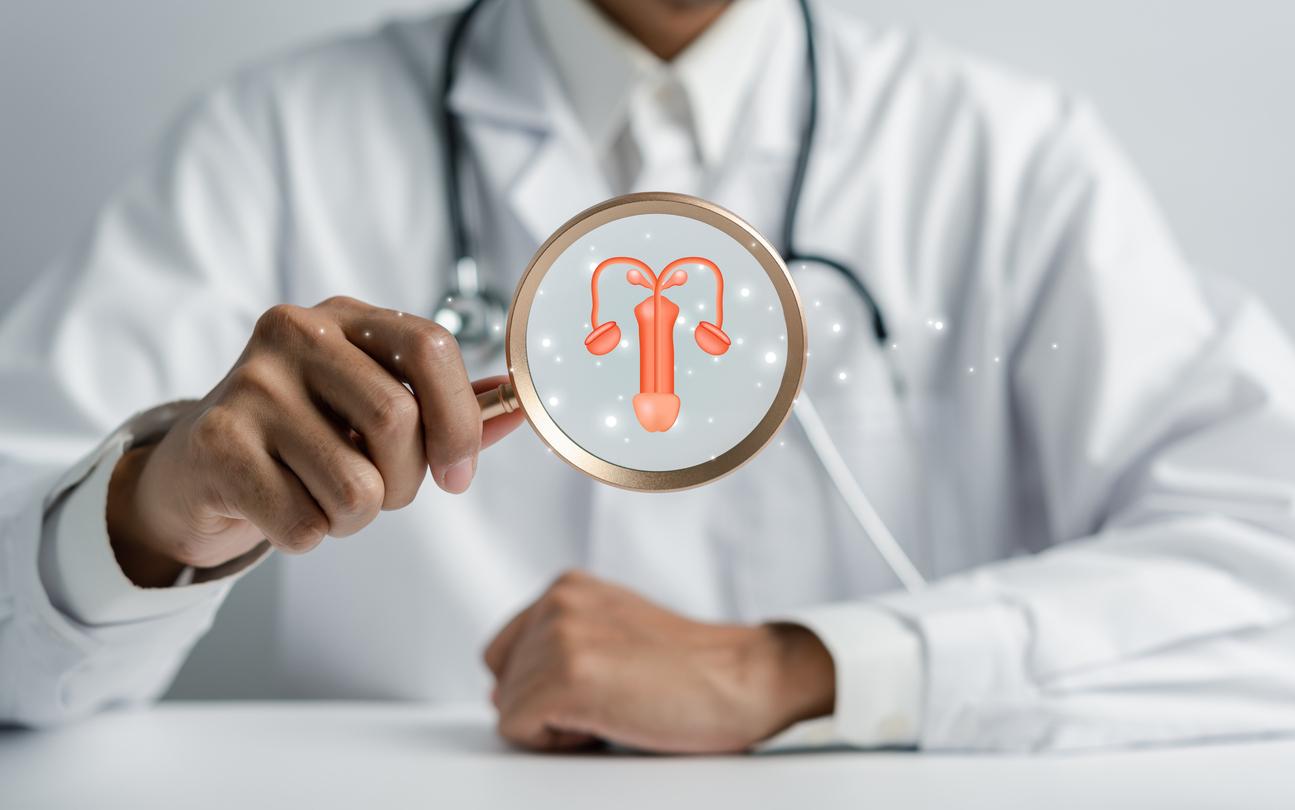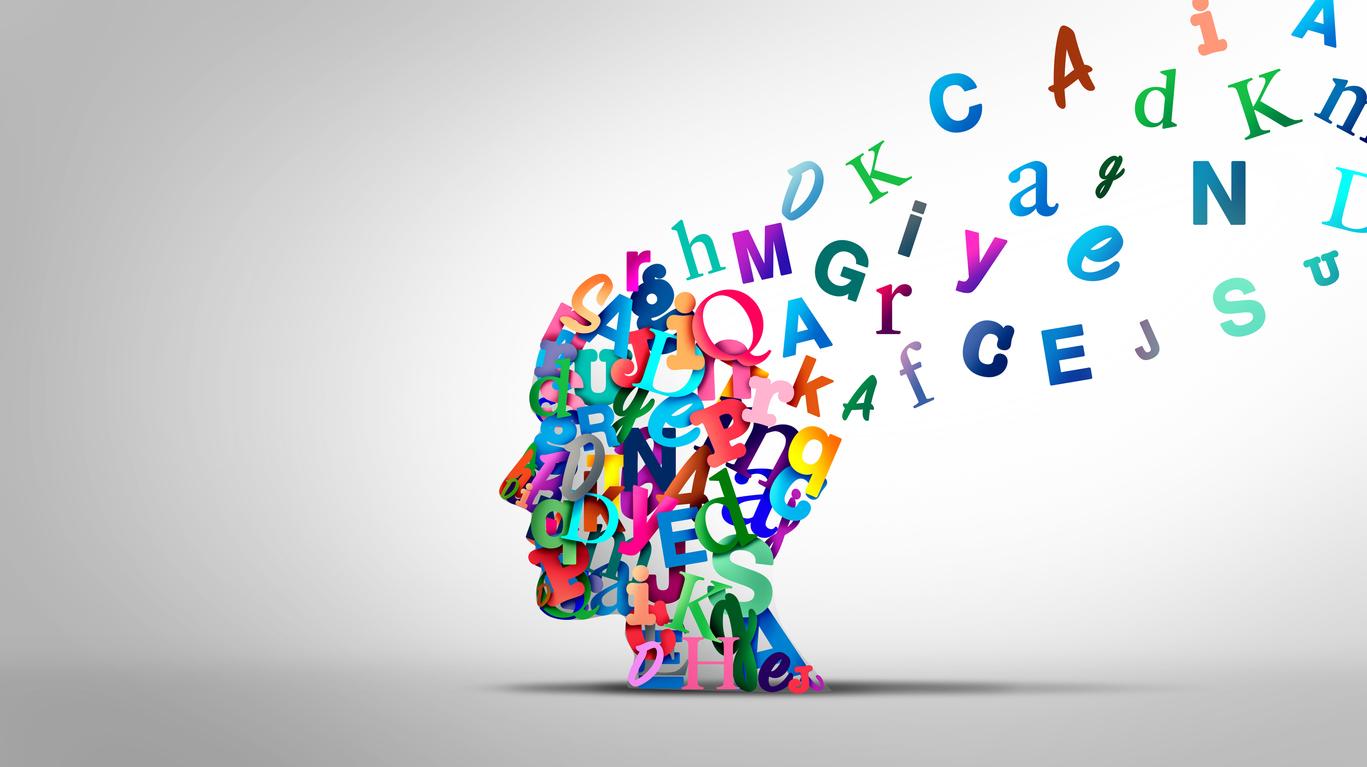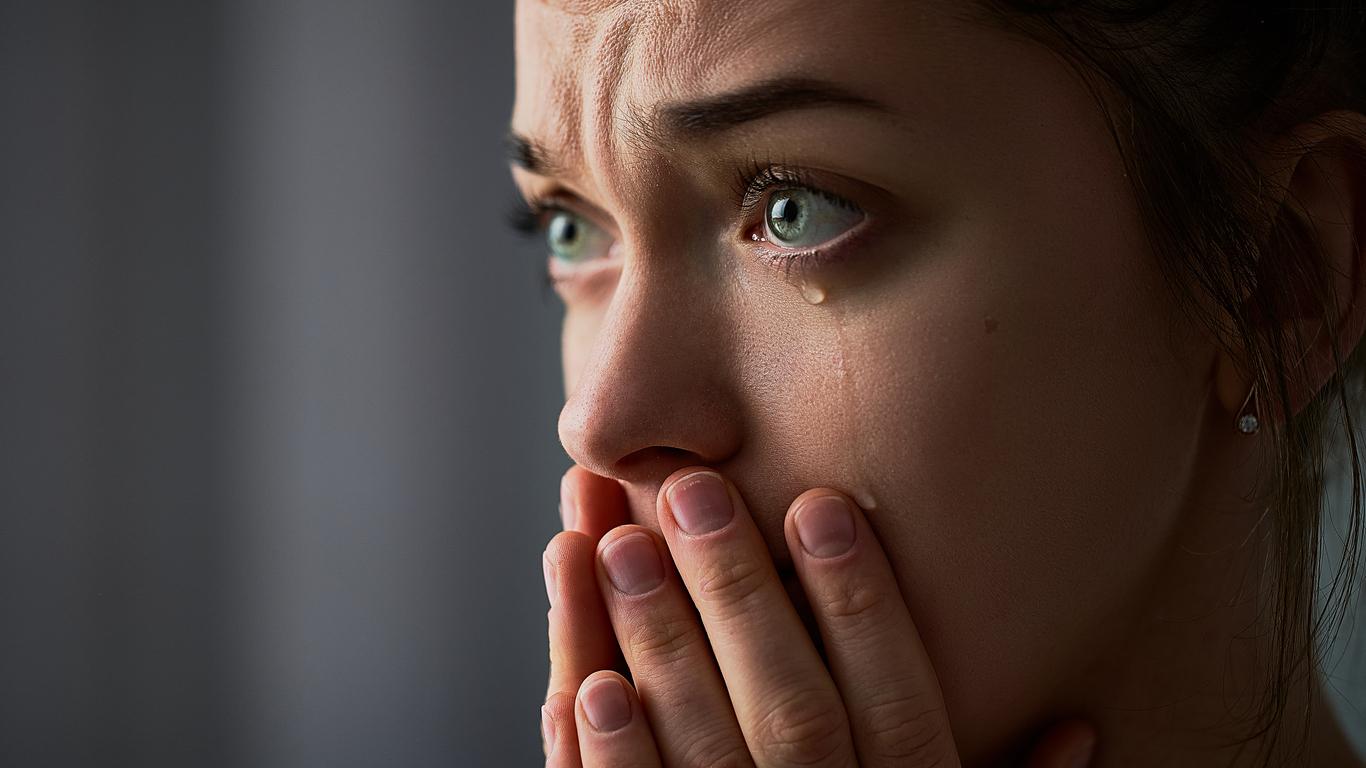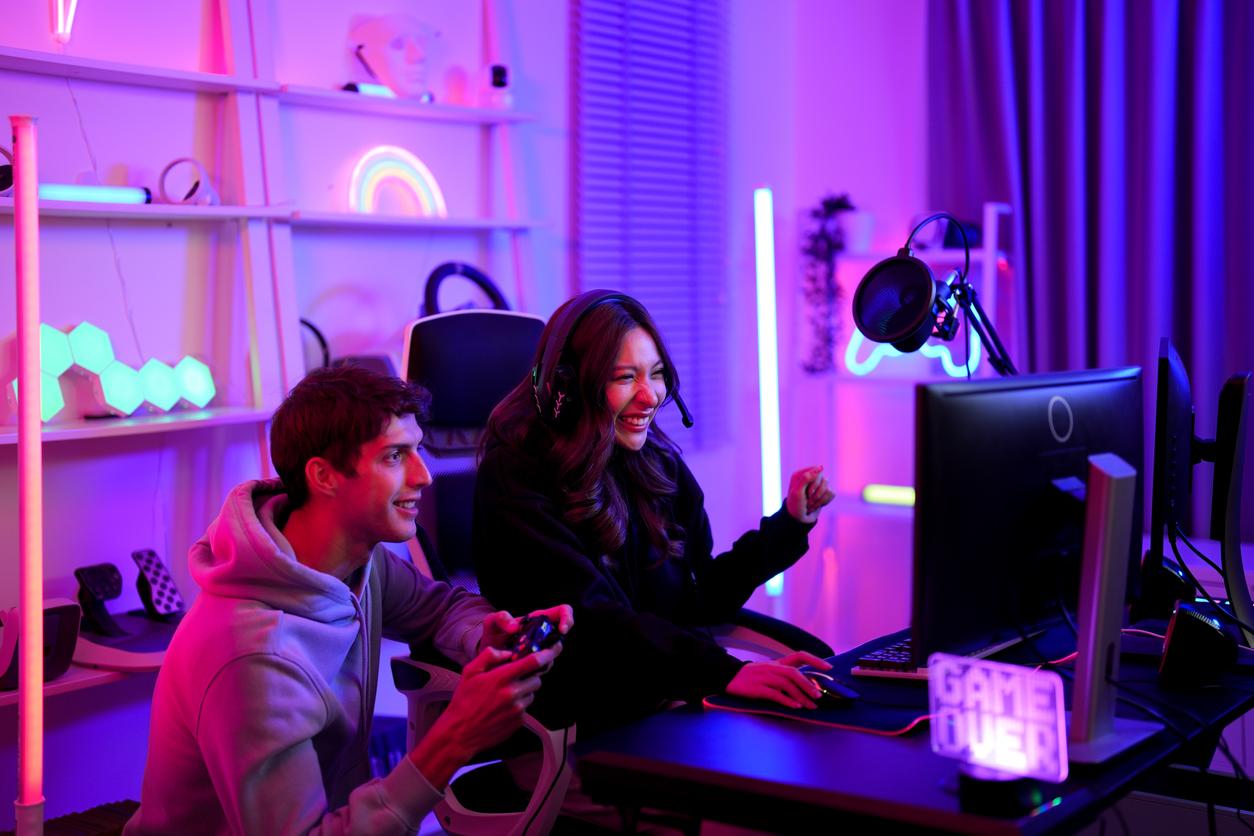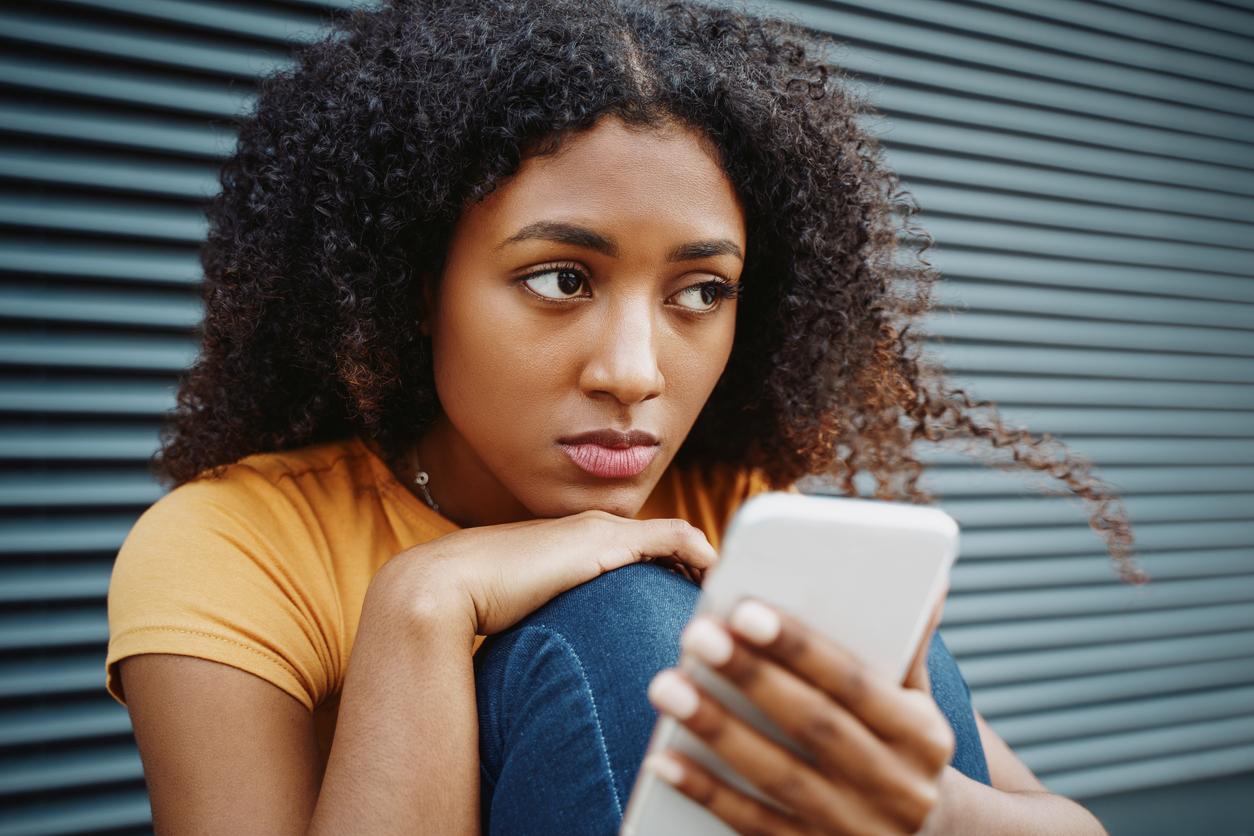Australian researchers believe that prescribing antipsychotic drugs is not always helpful in young people with psychosis receiving psychosocial intervention.
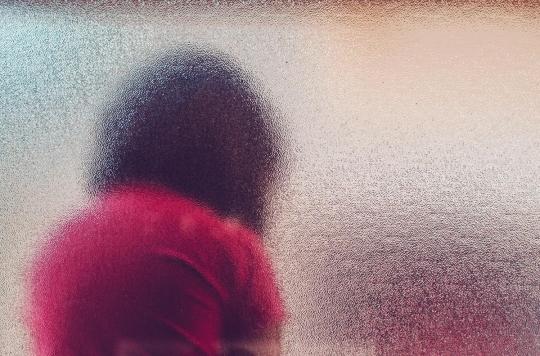
- Adding antipsychotic drugs to an intensive psychosocial intervention does not improve the condition of patients diagnosed early
- Antipsychotics cause heavy side effects, including weight gain and sexual problems
- Researchers say antipsychotics are not needed in all young patients
How to treat psychotic disorders in children and adolescents? Psychosis is an umbrella term in psychiatry that includes several mental disorders involving a loss of contact with reality. Researchers from theOrygen Youth Healthan Australian organization specializing in the mental health of young people aged 15 to 25, conducted a study on the different stages of treatment for early psychoses.
Antipsychotics are not automatic
According to them, during an early diagnosis, the prescription of antipsychotic drugs is not always useful during the first 6 months if the patient benefits from a psychosocial intervention, ie a benevolent emotional support. To arrive at this conclusion, the researchers made two groups of patients aged 15 to 25, whose psychotic disorders had just been detected. Both groups received intensive psychosocial intervention, but one also received drug treatment. The other group received only a placebo.
Finding: Adding antipsychotic drugs to an intensive psychosocial intervention did not help improve symptoms in the first six months, suggesting that drug treatments may not be helpful early in the disease in all young people patients.
heavy side effects
Some young people will need it, “but, I think others can recover from their psychosis, at least initially, without medication”, says Dr. Shona Francey, who led the study. The prescription of antipsychotics is currently automatic from the onset of symptoms, or “they can have heavy side effects like weight gain, which young people are already very concerned about. As well as various side effects on sexuality.”
According to her, young people who are reluctant to take antipsychotic treatment can first benefit from an intensive psychosocial intervention and see where this therapy takes them. They can of course combine it with an antipsychotic treatment if the symptoms persist.
mental disorders in young people
According to the World Health Organization (WHO)one in six people with mental disorders is a young person between the ages of 10 and 19: “Mental health problems account for 16% of the global burden of disease and injury among people aged 10-19” and half of these mental disorders manifest before the age of 14, but most cases go undetected and untreated.
“Disorders that include symptoms of psychosis, including hallucinations or delusions, most often appear in late adolescence or early adulthood.. These mental health issues can compromise “an adolescent’s ability to participate in daily life and education, and are often sources of stigma or human rights violations.”
.



